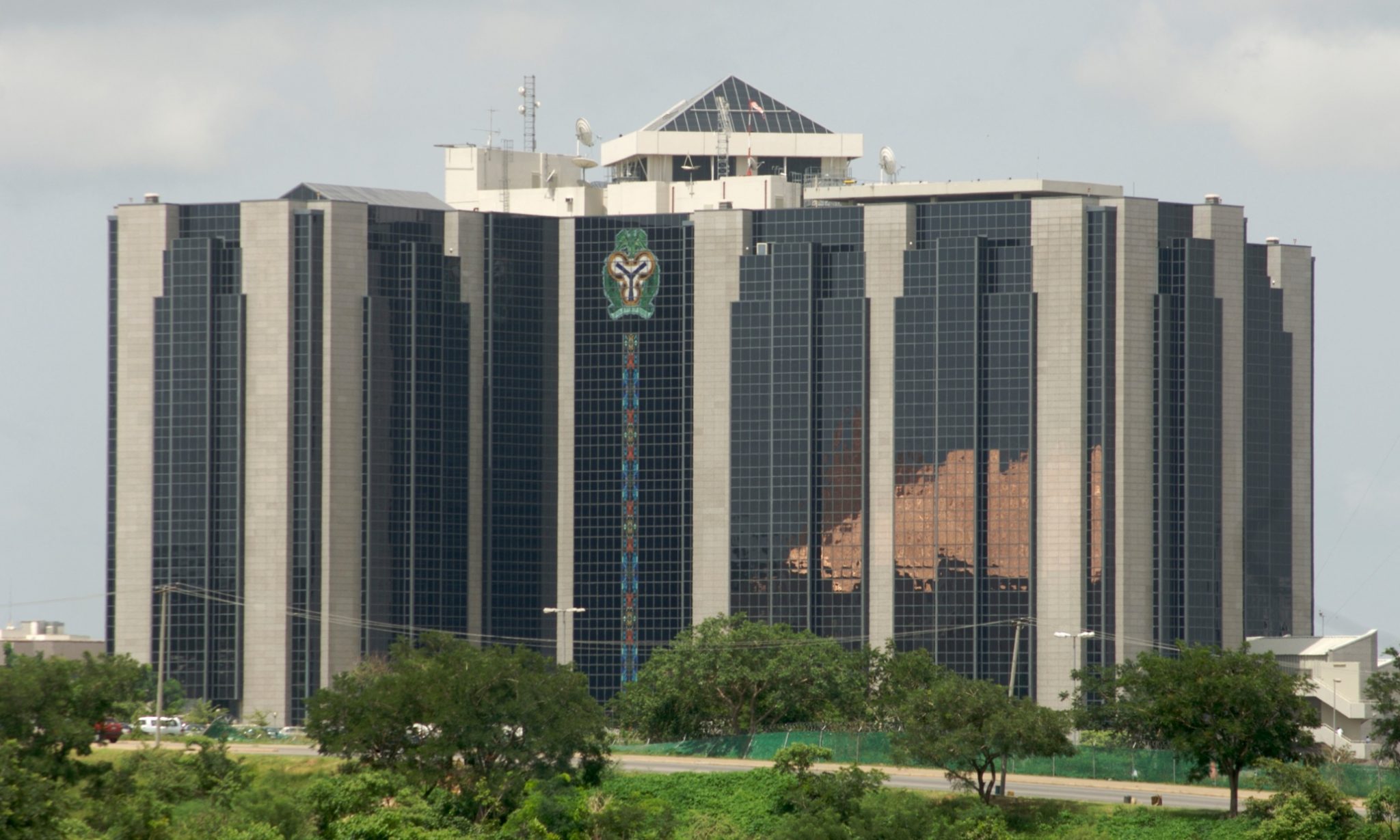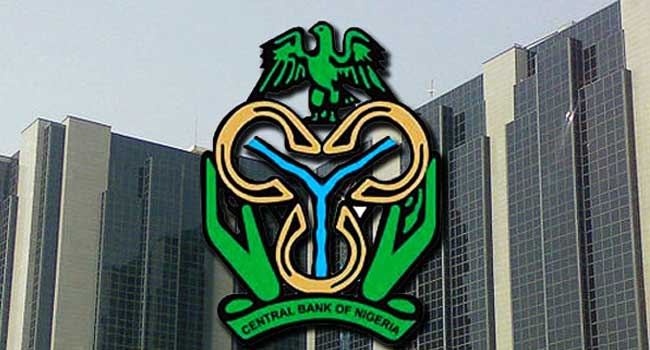The Monetary Policy Committee (MPC) of the Central Bank of Nigeria (CBN) rose from its second meeting for the year, expressing apprehension that the late passage and implementation of the 2018 budget, as well as election spending, could trigger inflationary trends and reverse the economic gains made so far, if pre-emptive measures are not adopted.
The committee, which for the 11th consecutive time, retained the Monetary Policy Rate (MPR) at 14 per cent, Cash Reserve Ratio (CRR) at 22.5 per cent, Liquidity Ratio (LR) at 30 per cent, and the asymmetric corridor at +200-500 basis points around the MPR, explained that it retained in consideration of the forecast of high liquidity injection in the second half of 2018, upward pressure of prices driven largely by substantial expansion of fiscal policy, which would arise from the late passage of the 2018 budget, outstanding balance from the 2017 budget and pre-election spending, to retain the interest rate.
Responding to questions, the CBN governor, Mr. Godwin Emefiele, who briefed journalists on the outcome of the MPC meeting, said eight of the nine members of the committee who were part of the meeting voted for the retention of the rate while one rooted for further tightening.
Emefiele admitted that the MPC had earlier declared that once inflation rate trends downwards to a single digit or double-digit lower rate, it would bring the MPR down.
According to the latest figures released by the National Bureau of Statistics (NBS), the inflation rate for April was 12.48 per cent, down from 13.34 per cent recorded in March.
He explained that the MPC decided not to lower the MPR for now as a pre-emptive measure to guard against possible inflationary pressures that the late implementation of the 2018 budget and election expenses might exert on the economy.
“It is very true that we said until inflation drops to single digit before we take a decision on reducing the interest rate, but you will also observe, in the course of this presentation, we explained the expansion of fiscal activities that we foresee, beginning from around May or June this year.
“At this time, the fact that we are still on the 2017 budget; the 2018 budget will eventually kick in around June or July, there will be an acceleration in the rate of spending and we also expect a lot of election spending.
“These indications, expectedly, are meant to expand the economy and spur growth which I will say is commendable, but we also know that those expansionary fiscal measures will gradually lead to an inflationary increase and if that happens, it will reverse the gains we have recorded over time.
“The committee considered the forecast of high liquidity injection in the second half of 2018, upward pressure of prices driven largely by the substantial expansion of fiscal policy which will arise from the late passage of the 2018 budget, outstanding balance from the 2017 budget and the pre-election expenditure,” he explained.
Emefiele stated that the MPC felt that further tightening would ensure the mop up of excess liquidity, mindful that despite the moderation in inflation, the current inflation rate was still above the single digit target and that the real interest rate only turned positive in the review period.
“The objective of the policy stance, therefore, would be to accelerate the reduction in the rate of inflation to single digit, to promote economic stability, boost investor confidence and promote foreign capital flows with complimentary impact on exchange rate stability.
“Conversely, the committee believes that raising the interest rate would, however, depress consumption and increase the cost of borrowing to the real sector. Moreover, such policy will make deposit money banks to reprise their assets,” he said.
On the $2.5 billion currency swap deal between the CBN and People’s Bank of China (PBoC), Emefiele disclosed that the framework will be released next week, adding that Nigeria has everything to gain from the deal and nothing to lose.
“I must say congratulations to Nigeria. After a rigorous almost two and half years of negotiations with the People’s Bank of China, we eventually struck the deal for a currency swap deal between Nigeria and China, with the intention of boosting trade relations between both countries. Like you all know, it will just operate in the normal format or LC (letter of credit) transactions.
“Like you know, there are some importers from England who will issue invoices in pounds sterling if you want to import goods from England. Or in Europe, they will issue you invoices in Euro as against the dollars if the choice is theirs.
“Under the China-Nigeria deal, by the time the framework is released, we would begin to see, based on negotiations with Nigerian suppliers, that Chinese suppliers would begin to issue invoices in naira.
“If China is Nigeria’s largest trading partner controlling close to 35 per cent of total trade, what that means is that all things being equal, by the time we conclude the framework, we should see to it that more invoices would be issued in the local currency against the traditional dollar.
“I have read some newspapers report on the currency swap, but I can tell you, it is going to be positive and I repeat, strongly positive for Nigeria; for Nigerian imports and also for Nigerians. That is what we expect and we would ensure that we achieve that,” Emefiele stated.
According to him, the negotiations with the Chinese bank were painstakingly done, adding: “ I am optimistic that Nigerians will reap the positive impact from this, and we do expect that by the time the framework is released, Nigeria will end up being the trade hub in the West African sub-region because there are currently only three countries in Africa that enjoy the currency swap deal with China – South Africa, Egypt and Nigeria.”
The governor, who also spoke on the innovative measures the CBN would introduce to encourage money deposit banks to accelerate credit growth to the real sector of the economy, noted that as much as possible, the central bank would not want to go back to the era of sectoral allocations.
He said efforts were being made to come up with decisions that will determine the level of cash reserves that a bank holds.
He stated that under the proposed policy, banks that increase lending would be compensated while those that reserve their liquidity and resort to trading in government securities or give to those who trade in foreign exchange, rather than granting loans to the real sector would be penalised.
Emefiele disclosed that the appropriate departments of the central bank will work out the modalities, adding: “That framework will certainly come up and we will task the relevant authorities to work on it and I am optimistic that the Monetary Policy Committee will take that decision at the right time.”

